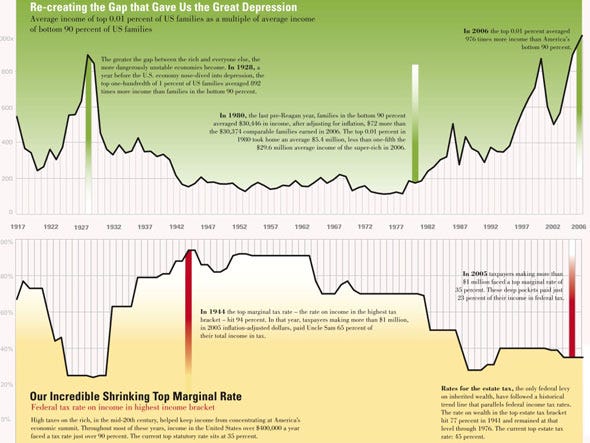I hope that by the time we come to leave a legacy, our kids won't need it for anything other than to boost their own retirement.
If we get to activate the FIRE plan with 200K more than we need, I quite like the idea of putting 100K per kid into any home purchase which they might make. That would be on the basis of an outright purchase of a part of the property, with the idea of keeping the money safe on "our side" of the family, in case of divorce. So for example if DS marries and buys a 300K property, we would buy 1/3, and we'd structure it legally so that 51% of the partnership could force a sale. That might mean us ganging up with DDIL to screw DS, but I suspect he would accept that risk

; on the other hand, it would mean that they could sell to move up, etc. (Does this make sense ? Has anyone done it ?)


